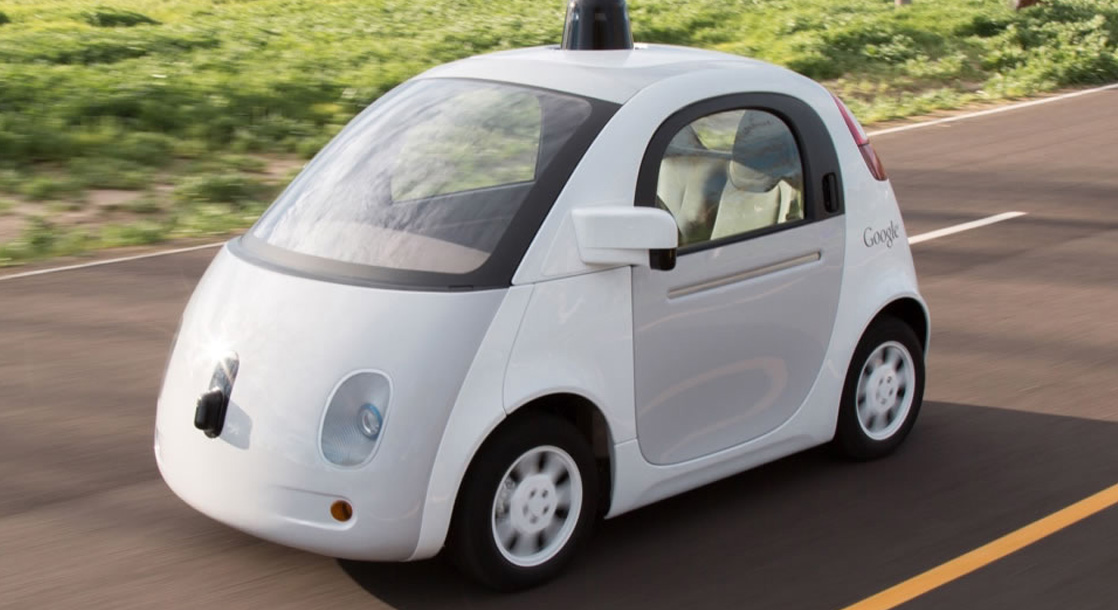As marijuana continues to inch its way towards legalization, a self driving car seems like every stoner's dream. But what happens if you are a preoccupied pedestrian who stumbles into the path of said autonomous vehicle.
Google has an idea for its fleet.
The Silicon Valley giant wants to cover the bonnet of its driverless cars with a sticky layer. We're not kidding.
In fact, the U.S. Patent & Trademark Office awarded Google a patent for its bonnet described as an, “adhesive vehicle front end for mitigation of secondary pedestrian impact.”
"Ideally, the adhesive coating on the front portion of the vehicle may be activated on contact and will be able to adhere to the pedestrian nearly instantaneously," according to the patent description. “This instantaneous or nearly-instantaneous action may help to constrain the movement of the pedestrian, who may be carried on the front end of the vehicle until the driver of the vehicle (or the vehicle itself in the case of an autonomous vehicle) reacts to the incident and applies the brakes."
United States Patent and Trademark Office
United States Patent and Trademark Office
As Google states, other car companies have developed technology to protect pedestrians, such as Jaguar models which raise the bonnet at impact. Some European models of Volvo have an airbag outside of the car at the bottom of the windscreen to protect individuals from head injuries.
Google submits that "existing technology found in production vehicles does little to mitigate the secondary impact a pedestrian may experience.”
There has been one reported accident thought to be the fault of a Google driverless car going 2 MPH. Stoner's may think that technology could put the ongoing debate about driving under the influence of marijuana to rest. Laws are hazy so we aren't sure if you can just pick your destination, sit back and smoke a fat one en route (yet).
McKinsey Global Institute predicted that Google’s driverless cars could cut the need for police forces in half, considering that law enforcement spends much of its time enforcing traffic rules and responding to accidents.
So, in its bid to “Do No Evil,” Google is seemingly cooking up a recipe for far fewer police on the roadways.











